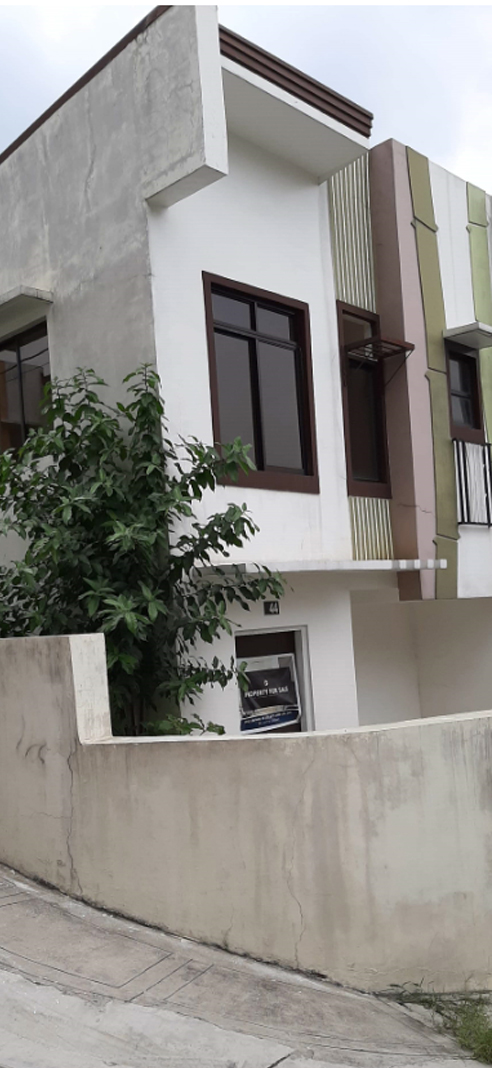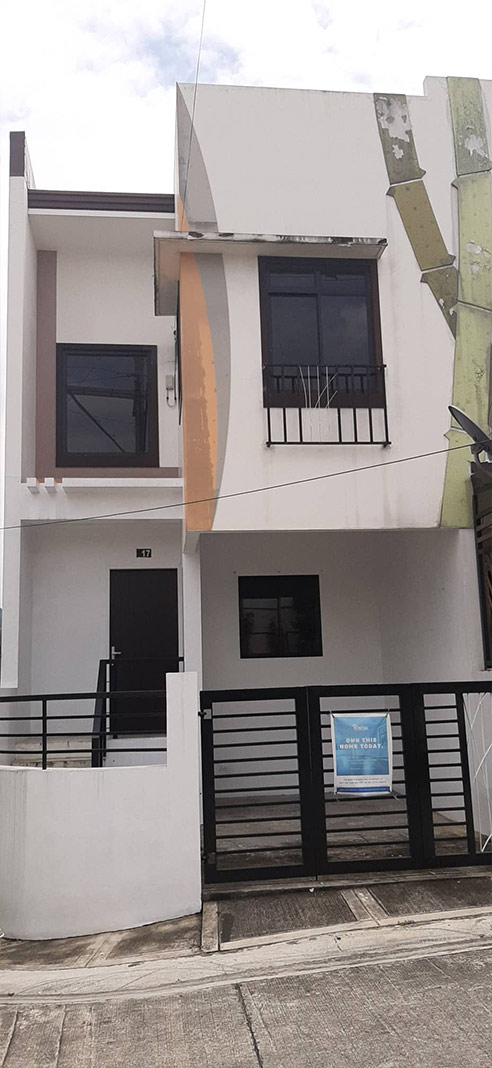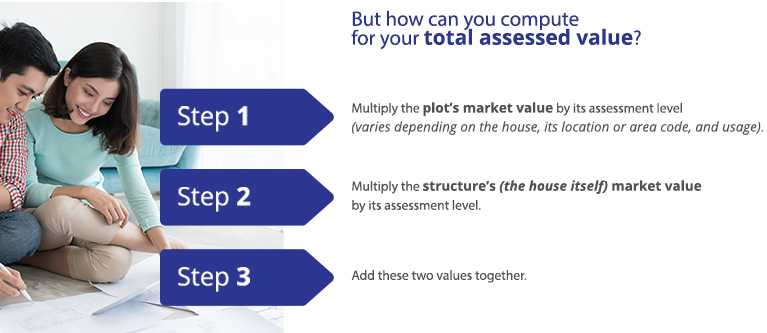Treasuring Your Home:
Maintenance and Upkeep Tips
November 17, 2020 | by HC Mutual
Our first home will always be a source of pride. It is a hard-earned goal, a place of respite, and—often for Filipino families—a legacy to pass on to their children. But whether it’s for the future or today, it’s important to keep your home in pristine condition and protected against raging storms and blistering heat.
If you’re a first-time homeowner, here is a handy guide to help you get started on a good maintenance routine.
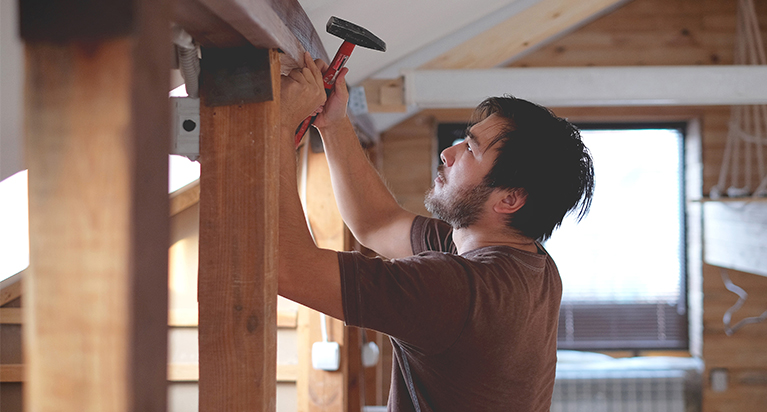
- Set up a cleaning schedule With the ongoing health crisis, hygiene and sanitation are especially important. It’s best to do a thorough clean-up regularly: schedule days for wiping down every corner, washing and drying rugs and carpets, cleaning your windows, and scrubbing down your bathroom and kitchen.
- Test your home appliances Have you ever had your appliances break down at the same time? Preventing this stressful experience is easy but often overlooked: Check and clean your appliances regularly to extend service life and avoid unexpected expenses.
- Check your plumbing Be on the lookout for leaks, rust, and clogging in your sinks and drains. By repairing or replacing the necessary fixtures in a timely way, you can prevent water damage to the structure and ensure that your home has clean water at all times.
- Clean out the gutters Cleaning out clogged gutters may be a taxing chore, but it is vital in keeping your home in good condition. Gutters left with deposits and blocks can cause indoor flooding, rotten wood, holes on your roof, and water stains.
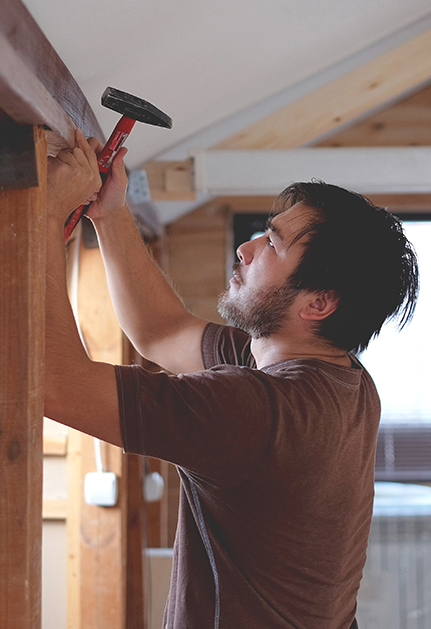
BUDGETING TIP!
Allocate a portion of your monthly budget to home maintenance. In addition to being prepared, you can also have the means to solve minor fixes before they turn into
problems—letting you save more time, effort, and money in the long run.
For unexpected repairs or renovations, HC Mutual offers flexible loans like the KayaMo Cash Loan. Our members enjoy quick loan release as early as 24 hours after approval.
Don’t forget!
Your Checklist:
- Clean every room regularly
- Check your appliances
- Repair leaks and clean out clogs
- Clean the gutter
- Fill or replace cracked tiles
- Repair wall cracks
- Watch out for holes or rust on your roof
- Add a fresh coating of exterior paint
- Open windows for better ventilation
- Repair cracks on tiles and walls When left alone, even hairline cracks can lead to bigger damages and serve as breeding grounds for bacteria, especially in the bathroom and kitchen. Make sure to fill in cracks and gouter gaps with paint or glaze.
- Inspect your roof The roof plays a crucial role in keeping your family safe and dry—sheltering you against strong winds, heavy rainfall, and intense heat. Check your roof regularly and schedule needed repairs in the summer to make sure that you aren’t caught off guard by holes, rust, or corrosion during rainy days.
- Paint your home’s exterior walls A fresh coat of paint gives your home an extra layer of protection against the elements, dust, and even insects. Schedule a yearly inspection of your exterior walls and repaint when needed. Choose your favorite color and add more life to your walls while keeping your family safe.
- Ensure proper ventilation Home maintenance goes beyond preventing
damage—your family’s comfort and health are also important. Open windows to let in fresh air and improve indoor air quality. Proper ventilation is good for a person’s well-being and in regulating the temperature inside your home.
BUDGETING TIP!
If you’re still saving up to buy or build your first home, factor in the budget you’ll need for utilities, furnishings, maintenance, and insurance.
The KayaMo Home Loan makes owning your home easier with its fixed rates, payment holidays, and Accidental Life Insurance coverage.


A well-maintained home can mean protection for your family during stormy days, comfort in turbulent times, and a safe space for children to grow happy and healthy. When you keep your home in good condition, you also show how much you care for your family.
SHARE














